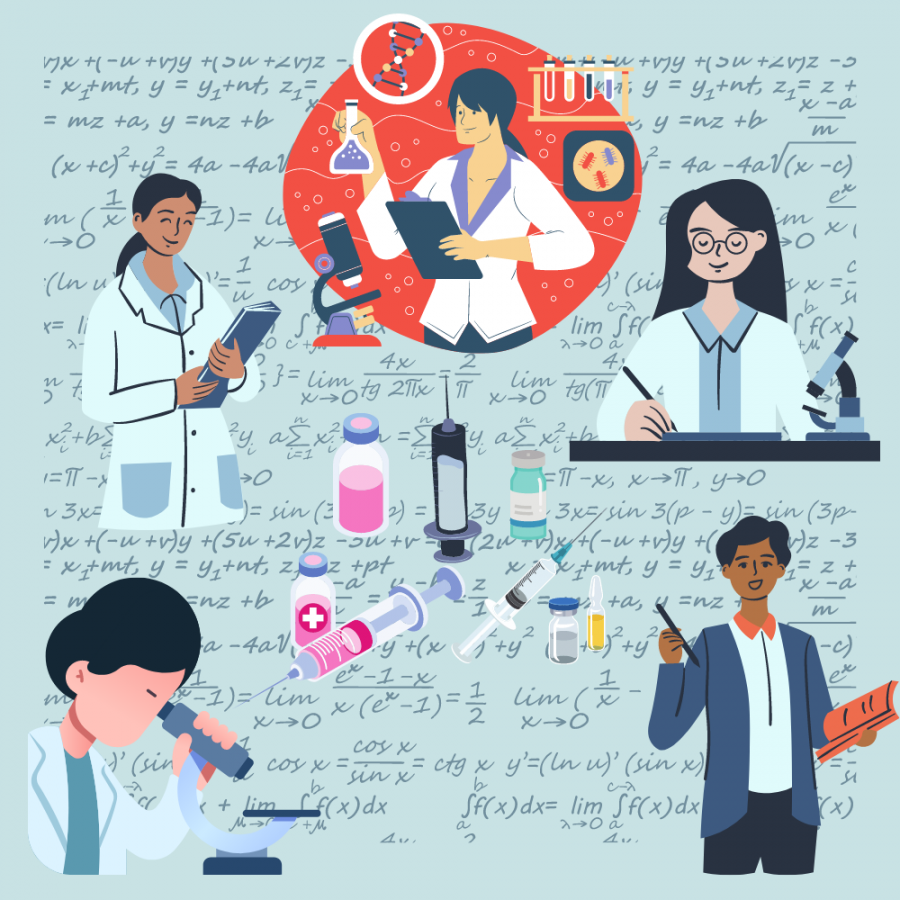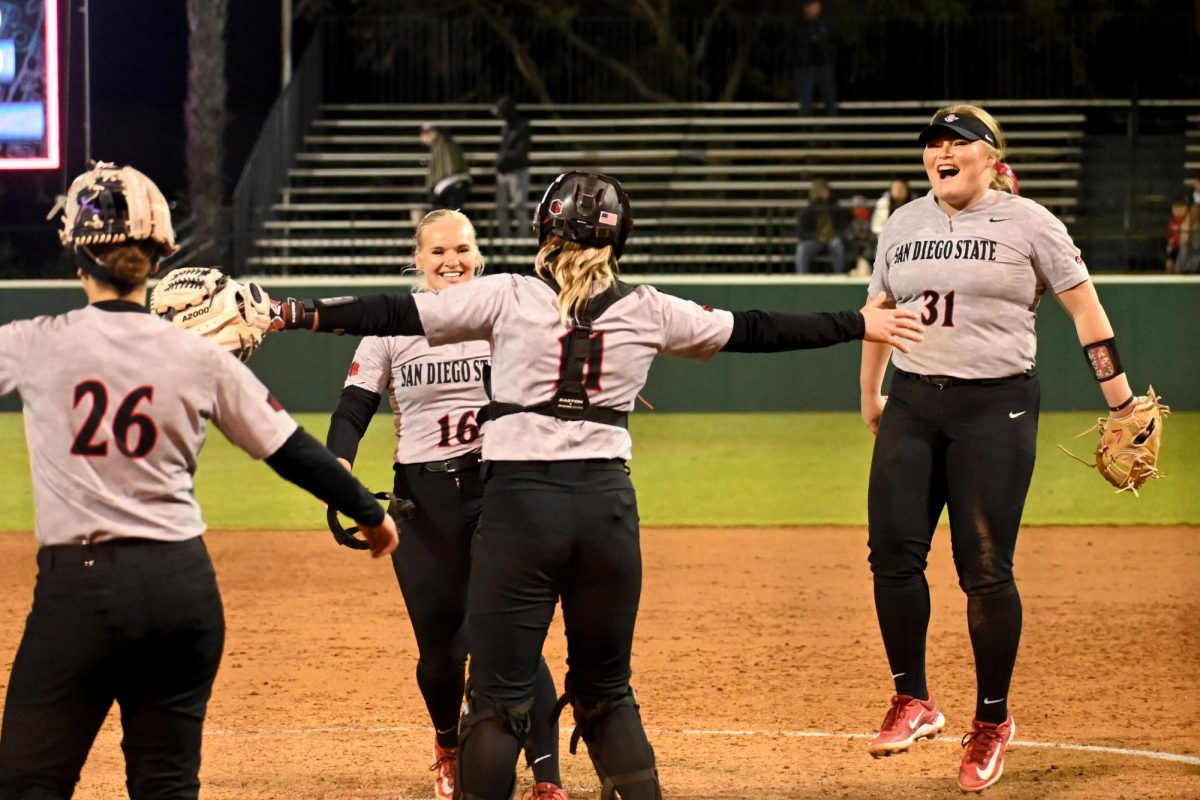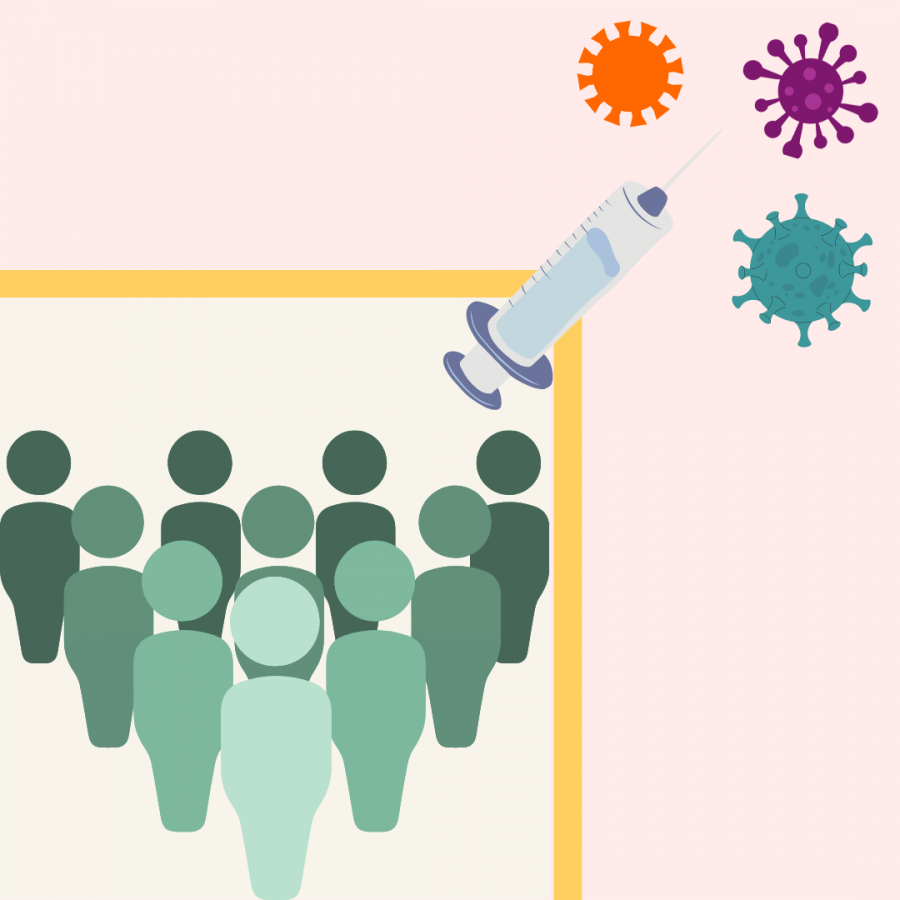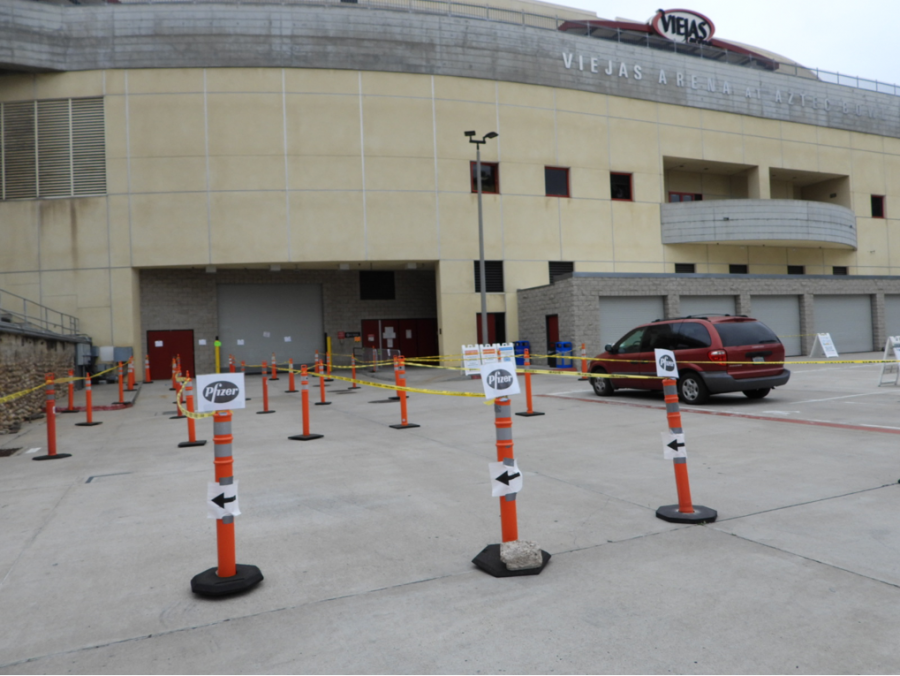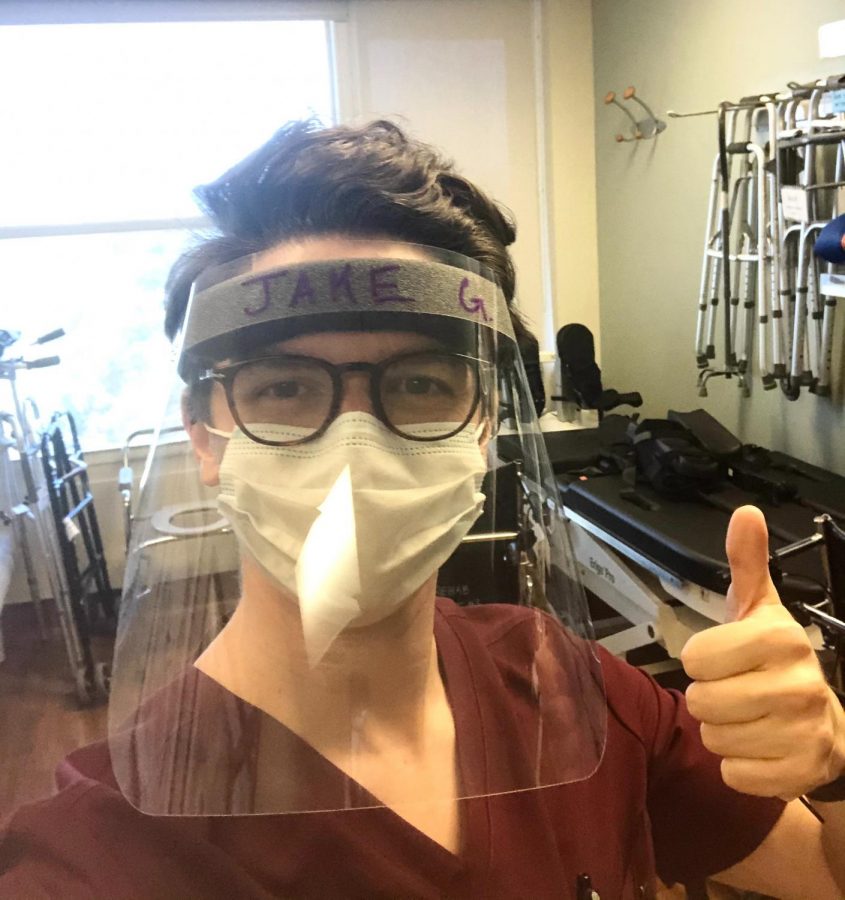Last December, the first Coronavirus case was reported in China, which at the time seemed like a small inconvenience but would soon turn into a major international crisis, costing the lives of nearly 1.3 million people in total. As the matter snowballed into an official pandemic and the days dragged on to resemble a wonky apocalyptic movie, national governments and private corporations began the race to develop a vaccine for the virus.
“If … you’re already manufacturing doses, by December and January, if you’re lucky and if in fact it is effective, you can have a significant number of doses available by the end of the year, the beginning of 2021. So I think it’s aspirational, but it’s certainly doable,” National Institute of Allergy and Infectious Diseases (NIAID) Director Anthony Fauci stated.
Although this global health threat was not taken as seriously as it could have been by international leaders initially, the fact that the case count grew exponentially and the magnitude of the virus became apparent beyond a reasonable doubt, prompted many political leaders to shift their policy to promote the mitigation and eradication of the COVID-19 pandemic.
With the topic of the coronavirus pandemic being clouded by political dichotomies and controversies, ironically, the immense impact that the virus has inflicted on society begs the question, how will society respond to a COVID-19 vaccine, and is it possible for people to become reluctant about it?
Political leaders changing plans of action have created grounds for groups of people to begin questioning if the pandemic has been in fact a geopolitical ploy and if a hastily-produced vaccine will be an appropriate solution. Of course, the overall contradiction of information has also misdirected the public.
“We have it totally under control. It’s one person coming in from China. It’s going to be just fine,” President Trump stated on Jan. 22. He then stated, “In July, my administration reached an agreement with Pfizer to provide $1.95 billion to support the mass manufacturing and distribution of 100 million doses,” in an official speech, taking place on November 13, 2020
As private companies such as Moderna and Pfizer have achieved COVID-19 efficacy rates of 94.5% and 95% respectively, the arrival of a vaccine is imminent. Although many politicians and public figures have encouraged the public to receive this vaccine as soon as possible, the increasing skepticism surrounding said vaccine has reportedly increased among many demographics.
“59% of white Americans indicated they would get vaccinated as soon as a vaccine is ready, a decline from 70% in mid-August. Only 43% of Black individuals said they would pursue a vaccine as soon as it was available, a sharp drop from 65% in mid-August,” columnist Ed Silverman stated.
When it comes to how society will eradicate the coronavirus, there’s no beating around the bush. While the public has the right to be doubtful about an impending vaccine, this will most likely be society’s ticket out of all the madness that comes with a pandemic. In the meantime, all anyone should be expected to do is follow public health guidelines and try to move forward within society’s new normality.
Sebastian Mendoza is a freshman studying finance. Follow him on Twitter @sbstnmndza.



